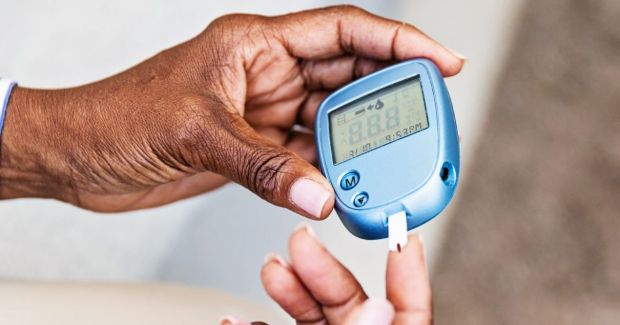Undiagnosed diabetes a growing threat in Sri Lanka, studies warn
COLOMBO – Nearly half of adults living with diabetes worldwide remain unaware they have the disease, according to a major new study published in The Lancet Diabetes & Endocrinology. Sri Lanka mirrors this troubling global trend, with national research showing high prevalence but alarmingly low rates of blood sugar control.
The global study, led by the Institute for Health Metrics and Evaluation (IHME) at the University of Washington, found that in 2023, about 44% of people aged 15 and older with diabetes were undiagnosed. Among young adults aged 15-39, the picture was worse: nearly three-quarters had no idea they were living with the disease.
Sri Lanka already carries one of the highest diabetes burdens in South Asia. The Sri Lanka Health and Ageing Study (SLHAS) 2018 – 2019, published in BMJ Open Diabetes Research & Care, reported an age-standardized prevalence of 23% among adults. That equates to more than 1.5 million Sri Lankans currently living with the condition, according to estimates by the International Diabetes Federation (IDF).
The SLHAS also revealed troubling gaps along the ‘care cascade’. While 86% of adults reported being tested – reflecting relatively good access to screening – only about 62% of those with diabetes had received a diagnosis. Among those diagnosed, fewer than one in five (20.6%) managed to keep their blood sugar below 8.0% HbA1c, and just 12.4% achieved optimal control defined as below 7.0%.
Doctors warn that diabetes is no longer a disease confined to middle age and beyond. Both the global Lancet study and Sri Lankan clinicians point to a growing incidence among young adults, many of whom are diagnosed only after complications set in.
“Too many young Sri Lankans discover their diabetes only when they arrive in hospital with kidney disease, vision loss, or a heart attack,” said a Colombo-based endocrinologist, adding, “The earlier the diagnosis, the greater the chance of preventing long-term damage, but awareness remains dangerously low.”
The SLHAS highlighted striking disparities. Urban districts such as Colombo recorded higher rates of testing and diagnosis, while rural estates and less developed regions lagged behind. Socioeconomic inequalities were evident in access to screening and treatment, though outcomes in blood sugar control remained poor across the board.
Experts say these disparities risk deepening if affordable medicines, monitoring tools, and education campaigns are not expanded into underserved communities.
While more than 90% of diagnosed patients worldwide are prescribed some form of treatment, the Lancet study found that only 21% of all people with diabetes globally had blood sugar under control. In Sri Lanka, the SLHAS figures are even lower, underscoring the scale of the challenge.
Factors such as inconsistent medication access, limited use of modern monitoring devices, and lifestyle changes linked to urbanization have kept control rates stubbornly poor.
Public health experts warn that unless Sri Lanka scales up prevention and management strategies, the economic and health burden will become unsustainable.
“Diabetes already costs the country billions in healthcare and lost productivity,” said one senior health official. “Without urgent investment in early detection and effective management, the numbers will rise dramatically in the next decade.”
Policy recommendations from both the Lancet study and Sri Lankan researchers converge on three urgent priorities: strengthen early screening programs, particularly targeting younger adults; improve access to affordable medicines and blood sugar monitoring tools; and launch sustained public awareness campaigns on diet, exercise, and lifestyle risk factors.
By 2050, the world is projected to have 1.3 billion people living with diabetes. For Sri Lanka, where nearly one in four adults already has the disease and fewer than 13% manage it optimally, the warning signs are clear.
Unless swift action is taken, diabetes may soon emerge not just as a public health crisis but as one of the country’s most serious threats to long-term economic and social stability.
-ENCL



Comments are closed, but trackbacks and pingbacks are open.